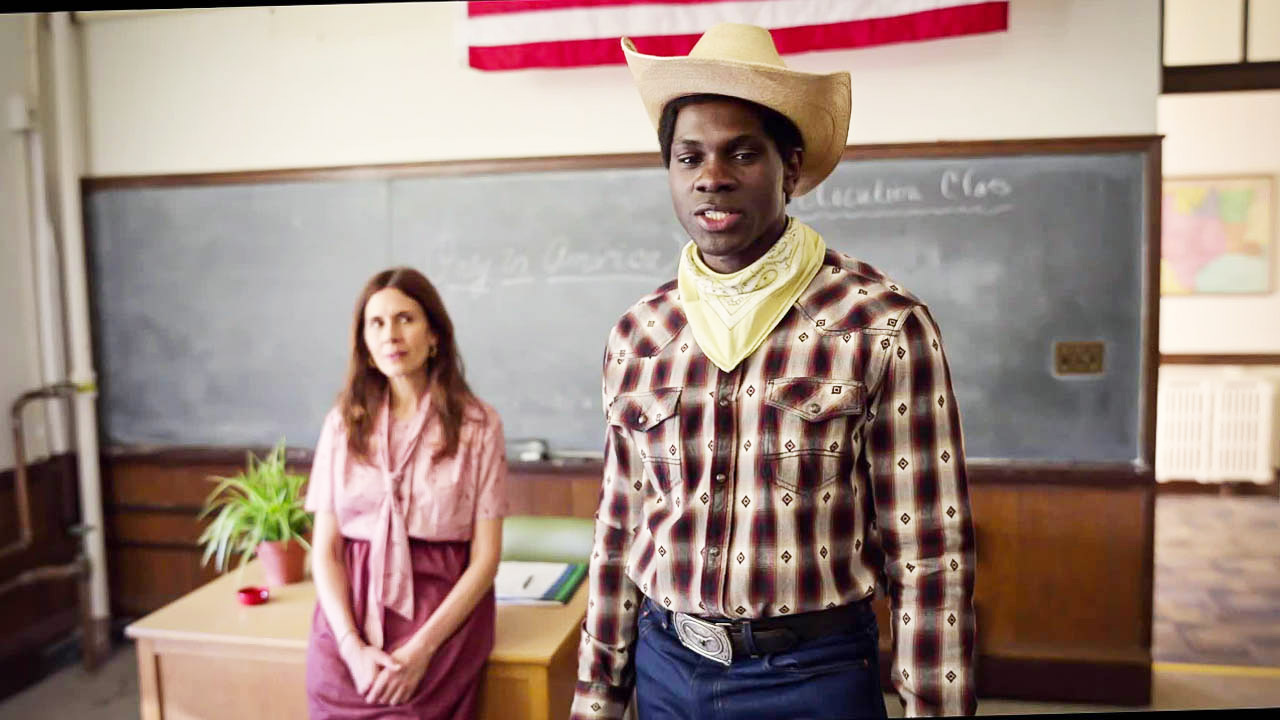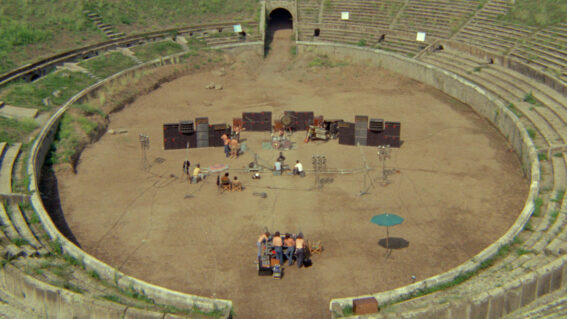Little America season 2 is a refreshingly grounded show about everyday triumphs

We’re all drowning in content—so it’s time to highlight the best. In her column, published every Friday, critic Clarisse Loughrey recommends a new show to watch. This week, it’s the second season of the refreshingly grounded Little America.
The battle of the streamers has been fought with titans. It’s a case now of “how much can we spend?”, “which A-list name can we attract?”, or “what illusion of prestige can we create?”. We as audiences have feasted on the spoils, but when our screens are so dominated by the battles of dragon queens and the ultra-wealthy, there’s little room for anything that feels intimate or true. It’s a small miracle, then, that Apple TV+ chose to renew Little America, its anthology series about the immigrant experience that’s deliberately grounded in the ordinary.
Its first season dropped in the very early days of Apple TV+, in the shadow of its flashy (but ultimately hollow) headline moneymaker The Morning Show. Since then the platform has found firmer ground with the Emmy-nominated Ted Lasso and Severance, coupled with a more generalised feeling of maturity. The same could be said of Little America. Created by The Office’s Lee Eisenberg, alongside The Big Sick’s Emily V Gordon and Kumail Nanjiani, the show now features a second season developed by Eisenberg and CODA’s Siân Heder, who’d previously directed an episode. Her Oscar win for Best Picture this year lends this latest run an extra, glossy coat of prestige.
But, on the whole, Little America has resisted the urge to grow in scale in response to its own success. It isn’t now stuffed with celebrities, though you may recognise a few faces: Minari’s Alan S Kim, sitcom star Phylicia Rashad, Captain Phillips’s Barkhad Abdi, and Nebraska’s June Squibb. The most noticeable shift, if there really has been any in this consistently moving and pure-hearted show, is towards a greater sense of self-awareness.
The first season, which consisted of eight episodes each introducing an immigrant in search of their place in America, was largely well-received by critics. But the less positive reviews pointed out that, in the cumulative force of its narratives, Little America veered uncomfortably close to the “good immigrant” stereotype—the idea that the only people worthy of acceptance into society are those who work hard, act angelically, and assimilate fully.
Each story featured is directly inspired by a true experience, detailed in Epic magazine’s compilation of the same name, and translated here to screen with minimal dramatic embellishment. The final title cards always detail where the real-life subject is now. I think, when it comes to season two, you could still argue that the stories chosen lean towards a narrow-minded view of success within the “American Dream”. But the episodes themselves do a better job of exploring the internal tensions between generations and communities, between what it means to preserve a culture and to share it.

Take “Camel on a Stick”, in which Jibril (Hanad Abdi) introduces Somali cuisine to the community by selling camel meat at the local state fair. The idea horrifies his fellow Somali chefs—camel meat with ranch sauce? That’s like putting ketchup on a steak. Does it disrespect his own culture to make it more appetising to American tastes?
In “Paper Piano”, a refugee from Afghanistan (Mohammad Amiri), having just been threatened by a rogue gunman, reflects on the broken promise of America as a safe haven. In “The Indoor Arm”, a young woman (Victoria Canal)–offered a life-changing prosthetic by a well-meaning, but ultimately misguided donor—is given a sage piece of advice: “just because someone gives you something, it doesn’t mean you have to take it.” Or, just because America is your home, it doesn’t mean you owe it anything.
There’s a real nuance here that digs into, without stating as universal, some of the common facets of the immigrant experience. There are stories about finding solidarity within other minority communities. A Korean-American kid with an artistic sensibility finds inspiration within the Black gospel scene. A mother from Belize finds a home within the Orthodox Jewish community. Parents fight against their children’s wishes, convinced that their personal sacrifices were wasted if the next generation can’t find stability. Husbands fail to understand what their wives gave up for love. Sisters struggle to see eye-to-eye. But there will always be a happy ending to be found, even if it’s an imperfect one.
What’s most touching about Little America is that, though these stories are all worthy of being told, they aren’t overly exceptional. These are everyday triumphs. So I can only hope that they aren’t swept aside by all the bombast of today’s television landscape.
















